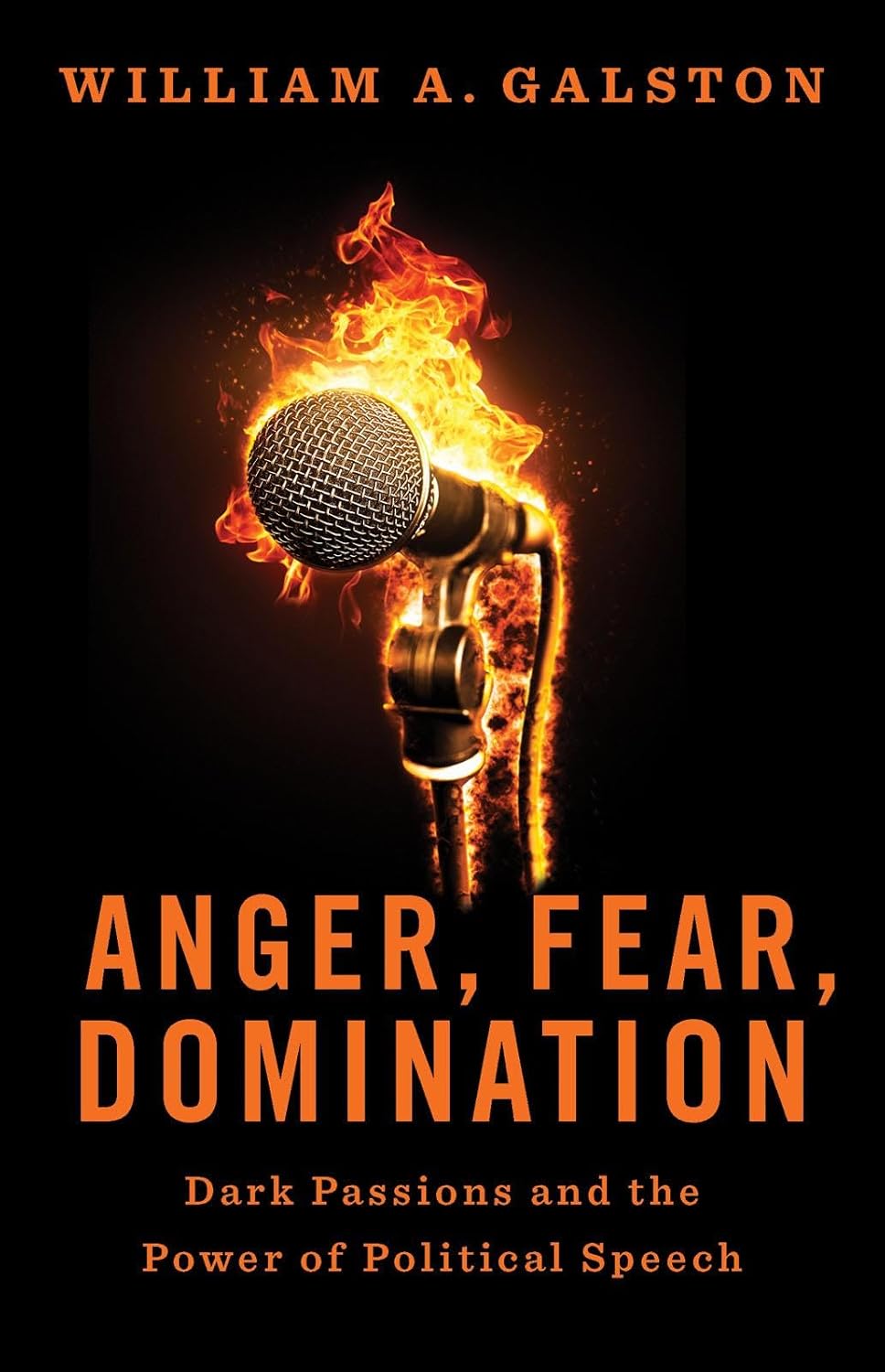1
/
/
1
憤怒、恐懼、支配:黑暗激情與政治演說的力量
憤怒、恐懼、支配:黑暗激情與政治演說的力量
作者: 威廉·A·加爾斯頓
發布者: 耶魯大學出版社
發佈日期:
存貨單位 (SKU):Democracy & Authoritarianism
庫存不足:剩餘 1 件
定價
$28.00
定價
售價
$28.00
單價
/
每
結帳時計算運費。
無法載入取貨服務供應情況
一位著名政治理論家為我們揭示了威脅民主的黑暗勢力。
「如今的政治格局已截然不同,因為某種可怕的東西被釋放了出來。威廉·A·加爾斯頓在他精彩的新書中對這種可怕的東西進行了定義, 憤怒、恐懼、支配。 」——大衛布魯克斯 《紐約時報》
自由主義以理性約束下的利己主義為核心,並融入愛國主義、自我犧牲和同理心等對公民有益的情感。然而,主導世界大部分地區的政治局勢表明,這些理想遠遠不夠。威廉·A·加爾斯頓認為,捍衛自由民主需要理解那些自由民主制度試圖壓制的黑暗力量:恐懼、屈辱、憤怒、怨恨和仇恨等情緒,以及支配欲。在艱難或充滿威脅的時期,正是這些黑暗的情感最能有效地影響人們,促使他們採取行動——無論是投票還是訴諸暴力。
在整個民主世界,這些制度性防禦措施正受到新一代煽動者的考驗。加爾斯頓敏銳地意識到其中的利害關係,他解釋了為何應對這一危險趨勢不僅需要更具回應性的公共政策,還需要有說服力的修辭和對政治心理學的現實理解——這種理解不應抱有理性或諸如同情、團結和愛等積極情感能夠可靠地主導公共事務的幻想。
「如今的政治格局已截然不同,因為某種可怕的東西被釋放了出來。威廉·A·加爾斯頓在他精彩的新書中對這種可怕的東西進行了定義, 憤怒、恐懼、支配。 」——大衛布魯克斯 《紐約時報》
自由主義以理性約束下的利己主義為核心,並融入愛國主義、自我犧牲和同理心等對公民有益的情感。然而,主導世界大部分地區的政治局勢表明,這些理想遠遠不夠。威廉·A·加爾斯頓認為,捍衛自由民主需要理解那些自由民主制度試圖壓制的黑暗力量:恐懼、屈辱、憤怒、怨恨和仇恨等情緒,以及支配欲。在艱難或充滿威脅的時期,正是這些黑暗的情感最能有效地影響人們,促使他們採取行動——無論是投票還是訴諸暴力。
在整個民主世界,這些制度性防禦措施正受到新一代煽動者的考驗。加爾斯頓敏銳地意識到其中的利害關係,他解釋了為何應對這一危險趨勢不僅需要更具回應性的公共政策,還需要有說服力的修辭和對政治心理學的現實理解——這種理解不應抱有理性或諸如同情、團結和愛等積極情感能夠可靠地主導公共事務的幻想。
分享


